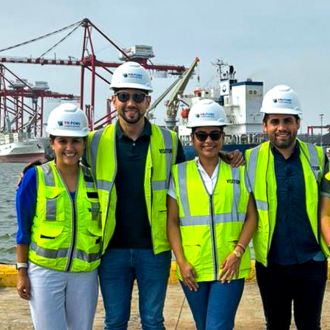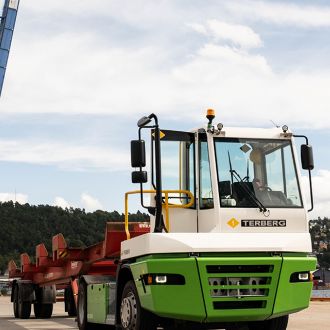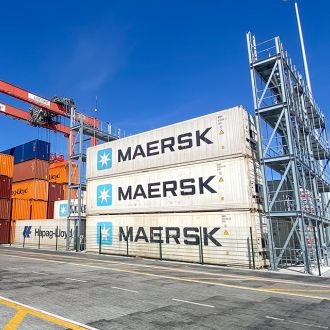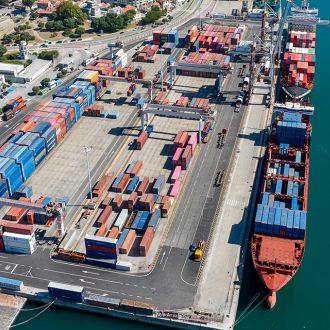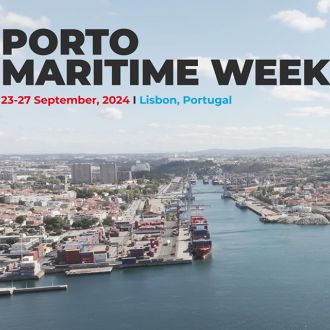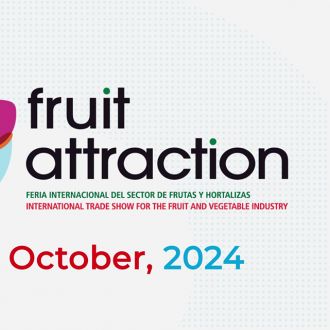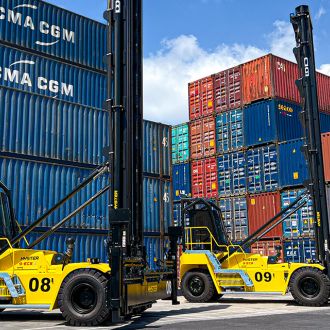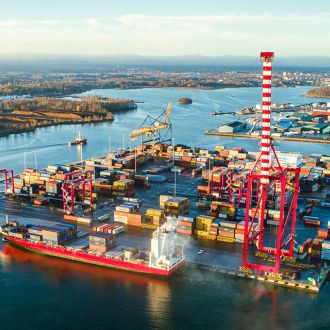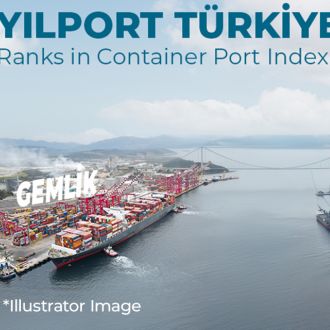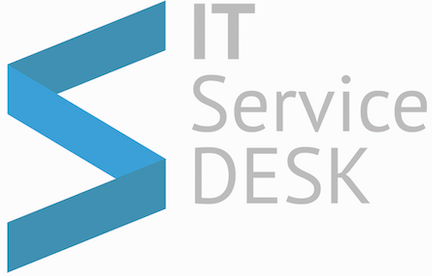The two parties have agreed to boost imports of soyabeans and natural gas from the US, while resolving the tariffs on European steel and aluminium. They will work together to reform the current World Trade Organisation mechanism
THE US and the European Union acted to avoid a trade war on Wednesday as they struck a deal to work towards zero tariffs, barriers and subsidies on non-automobile products.
President Donald Trump and European Commission President Jean-Claude Juncker have agreed to suspend new tariffs and “resolve” US levies on steel and aluminium imports from the EU.
Mr Trump extracted concessions from the EU by threatening to raise tariffs on European automotive imports last week to even out the imbalance in trade between the two economic blocs, which have a $1tn bilateral trade relationship.
The two parties have also agreed to hold sweeping trade talks that aim to increase European imports of American soyabeans and liquefied natural gas, while reducing barriers to transatlantic trade in services, chemicals, pharmaceuticals and medical products.
“The EU will build more terminals to import liquefied natural gas from the US,” said Mr Juncker. “As far as agriculture is concerned, the EU can import more soyabeans from the US, and it will be done.”
Mr Trump said that the EU “is going to start, almost immediately, to buy a lot of soyabeans — they’re a tremendous market — buy a lot of soyabeans from our farmers in the Midwest, primarily.”
The White House earlier this week pledged to roll out a $12bn aid plan to subsidise domestic farmers hit by tariffs imposed by China and other countries.
Ken Eriksen, senior vice-president at IEG Vantage, earlier said if US grain traders were forced out of Chinese markets as a result of tariffs or government instructions to buy non-US agricultural products where possible, then the diversion of US exports could have major implications for intermodal and grain shipping patterns in the US.
Beyond talks about the bilateral tariffs and trade, Mr Trump said the US and EU would also work closely to reform the World Trade Organisation, “to address unfair trading practices, including intellectual property theft, forced technology transfer, industrial subsidies, distortions created by state-owned enterprises, and overcapacity.”
Those are the issues that Washington and Brussels have long tried to resolve with policymakers in Beijing, whose country remains on the edge of a full-frontal trade war with US.
Some observers expressed caution over the Wednesday deal, as it lacks detail and could be easily undone as more serious negotiations begin
“I don’t think the EU would agree to a major revision of trade terms without steel and aluminium being taken off the table first,” Bart Oosterveld, a director from the Atlantic Council thinktank in Washington, told the Guardian.
Mr Trump said: “We will not go against the spirit of this agreement, unless either party terminates the negotiation.”
Source: Lloyd List









